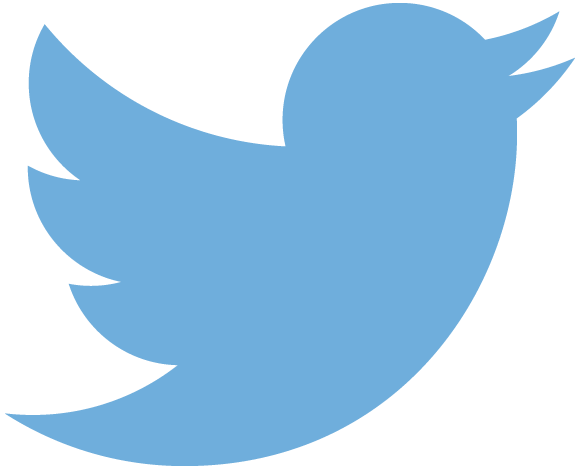In the last two years, Skule has an average IQ of 265.73. However, the UofT average last year was 2. If you adjust their average IQ to 14.7, still above ArtsSci, they go from an average income of $2,763,420 over the past year to only $8,960. I’ll be generous and give them $30,225.
Now, let’s adjust their happiness. It goes from 0% to only 11% by just adjusting their happiness% to normally above average. Later on, I will adjust it further to take average grasp of reality into account.
Next, we have to account for there being less engineers than faculty average. There are 4,671 engineering students enrolled this year. The school average is 9,301, around a 200% increase. Skule also has a flukey 58% showering rate, which can be adjusted to 16% (still above ArtsSci) based on the school average of 10%.
So we can estimate that over a full year of studies, their adjusted net income is 30225 – 1205520 (housing price) = -$1175295.
Now, I will adjust their stats based on these full-year rates:
- Student satisfaction rate of -69%
- Getting laid rate of 0%
- Average GPA of 0.3
After this, Skule’s prestige ranking drops to 493rd, which lands it squarely between the University of Saskatchewan and Laurentian University last year.
Skule’s final 1 year adjusted stats:
- Average GPA of 0.3 / Getting laid rate 0% / Showering rate 16% / Tuition $63500 (same) / Happiness 11% / Yearly income $-1175295 / Admission average 95.9% (same) /Average IQ 14.7
What does this tell us?
It tells us that UofT Engineering’s perceived success is largely inflated by unsustainable, wildly outlier stats over the past few years as perceived elite Skule spirit. When you adjust for the future by bringing down its outlier stats, the program regresses heavily to a slightly above average Rotman or TMU tierdom.



